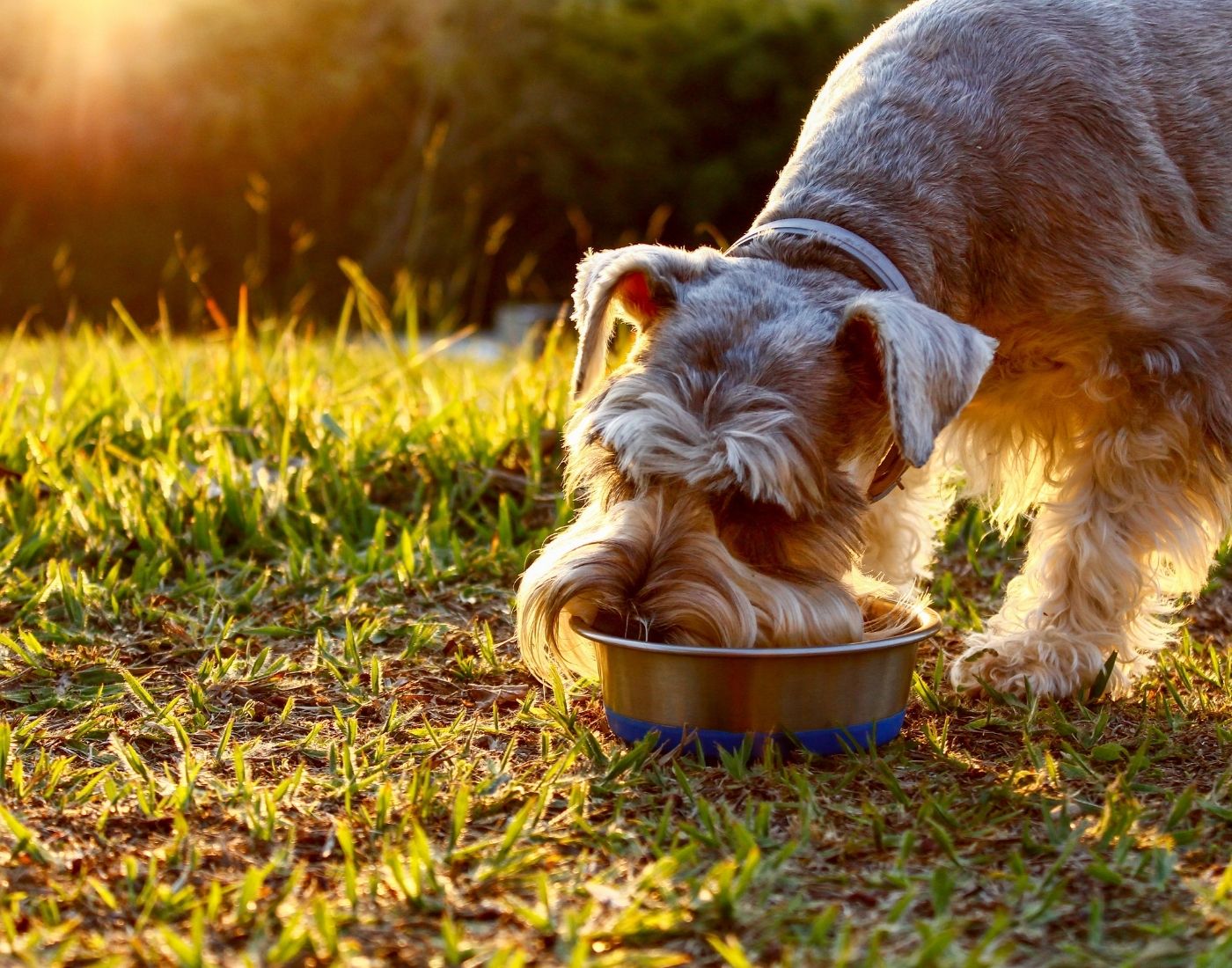Pet food is any product produced by a pet food manufacturer (even if produced in your own home) - whether processed, partially processed or unprocessed - intended to be ingested by pet animals after placing on the market.
Usually pet food is in the form of a coarse mix, biscuits, or as a wet food, but it also can be dog treats and raw feed (frozen or fresh).
Feed legislation applies principally to feed for 'food-producing animals', which means farmed livestock, including rabbits and horses. However, it also covers feed for 'non-food producing animals' which means:
- creatures living freely in the wild
- fur-bearing animals
- animals kept in zoos and circuses
- animals kept in laboratories
- pets

